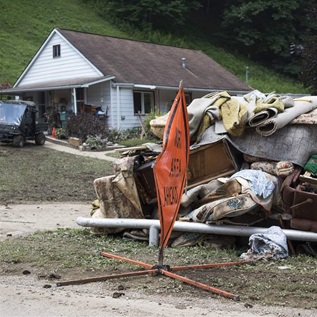The Impact of Hawaii's HOPE Program on Drug Use, Crime and Recidivism
Overview
The HOPE program, launched in 2004, identifies probationers at high risk of violating the conditions of their community supervision and aims to deter them from using drugs and committing crimes with frequent and random drug tests backed up by swift, certain and short jail stays. Learn more about Hawaii's HOPE program.
The research, conducted by Pepperdine University and UCLA, is summarized in a brief by the Public Safety Performance Project and the National Institute of Justice. It demonstrates strong results for the HOPE program.
The one-year randomized controlled trial found that HOPE probationers were:
- 55 percent less likely to be arrested for a new crime;
- 72 percent less likely to use drugs;
- 61 percent less likely to skip appointments with their supervisory officer; and,
- 53 percent less likely to have their probation revoked.






